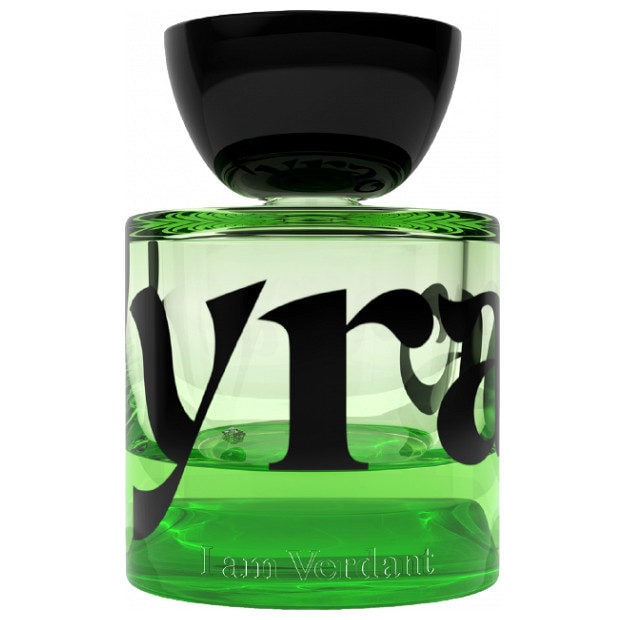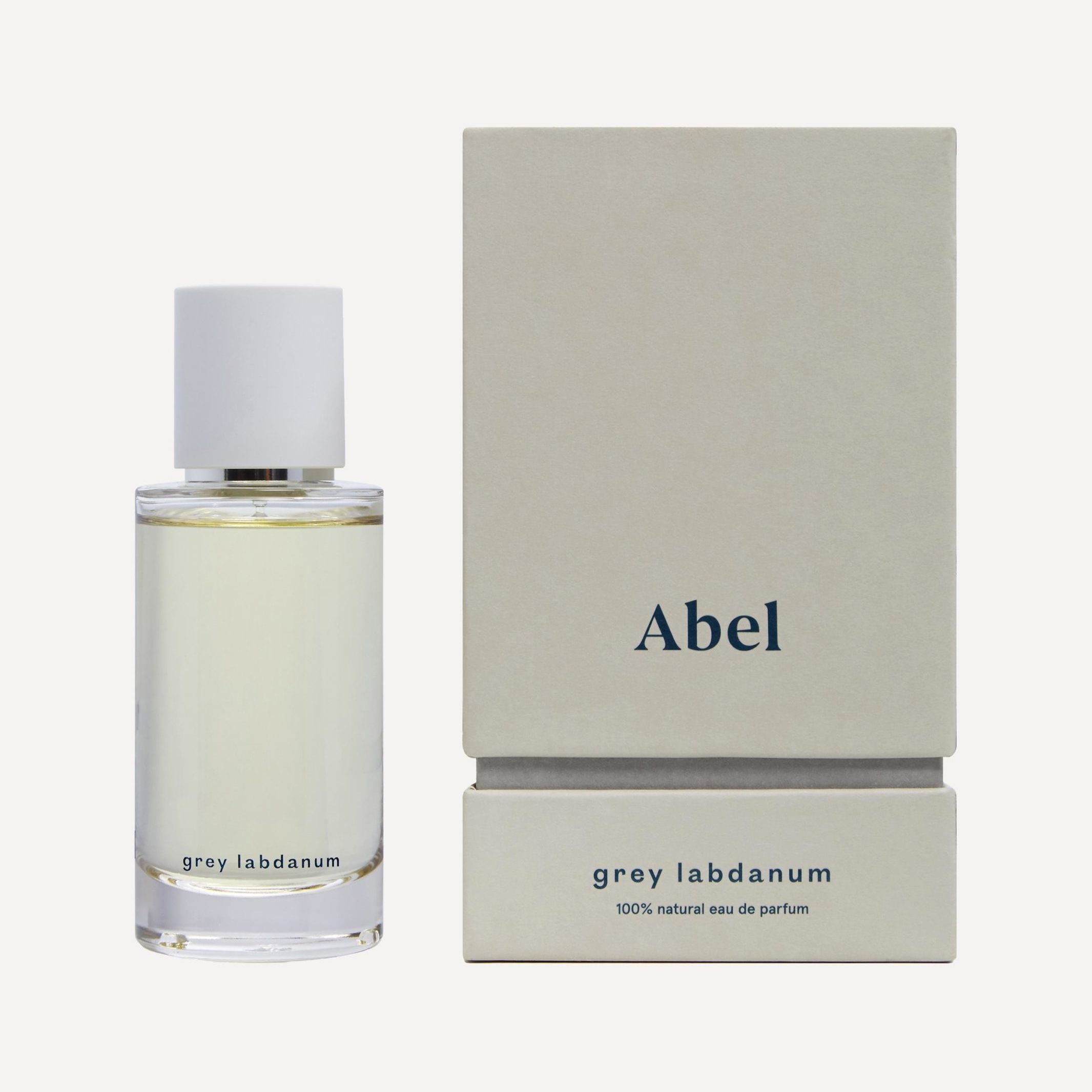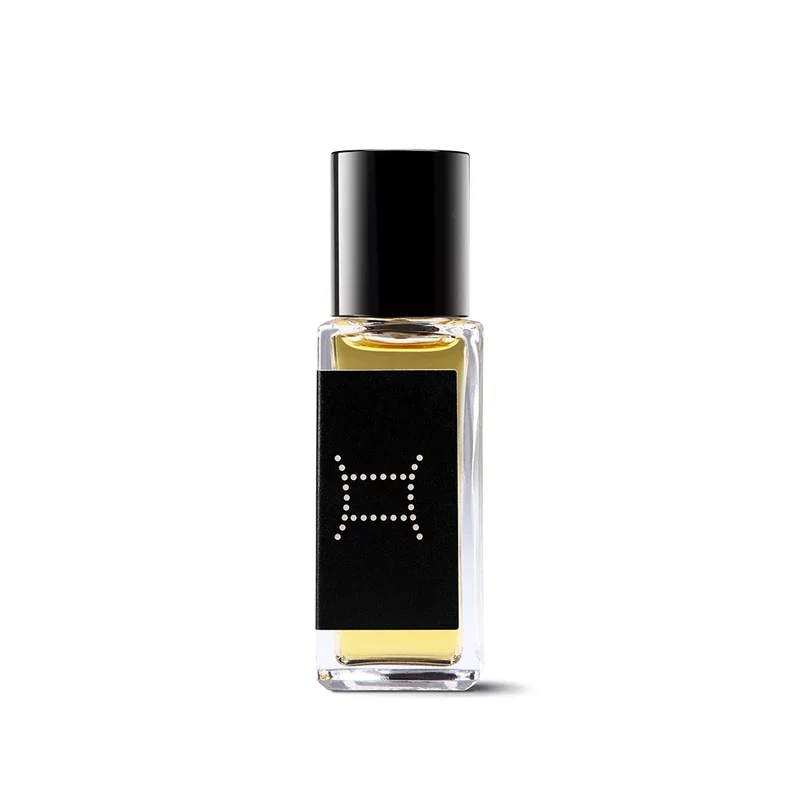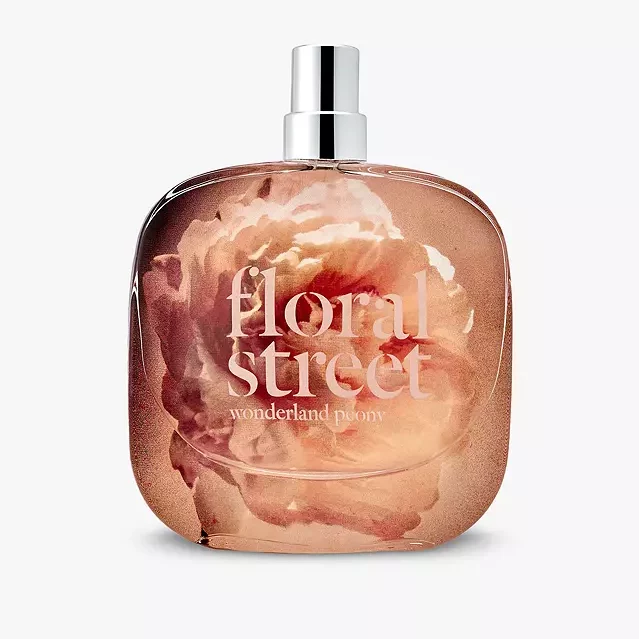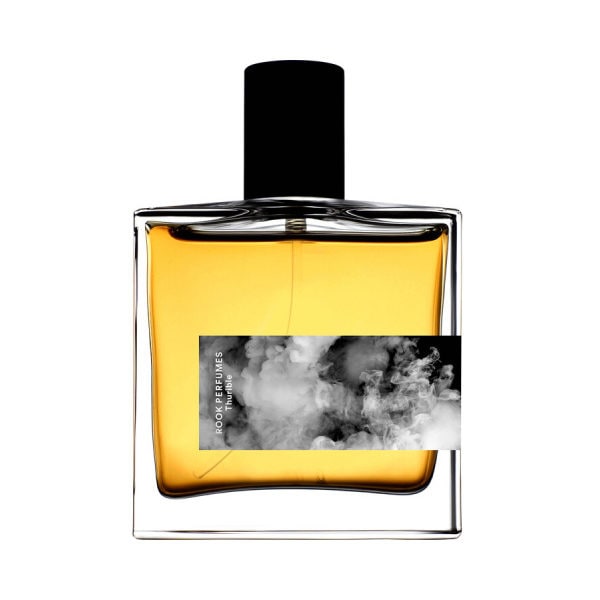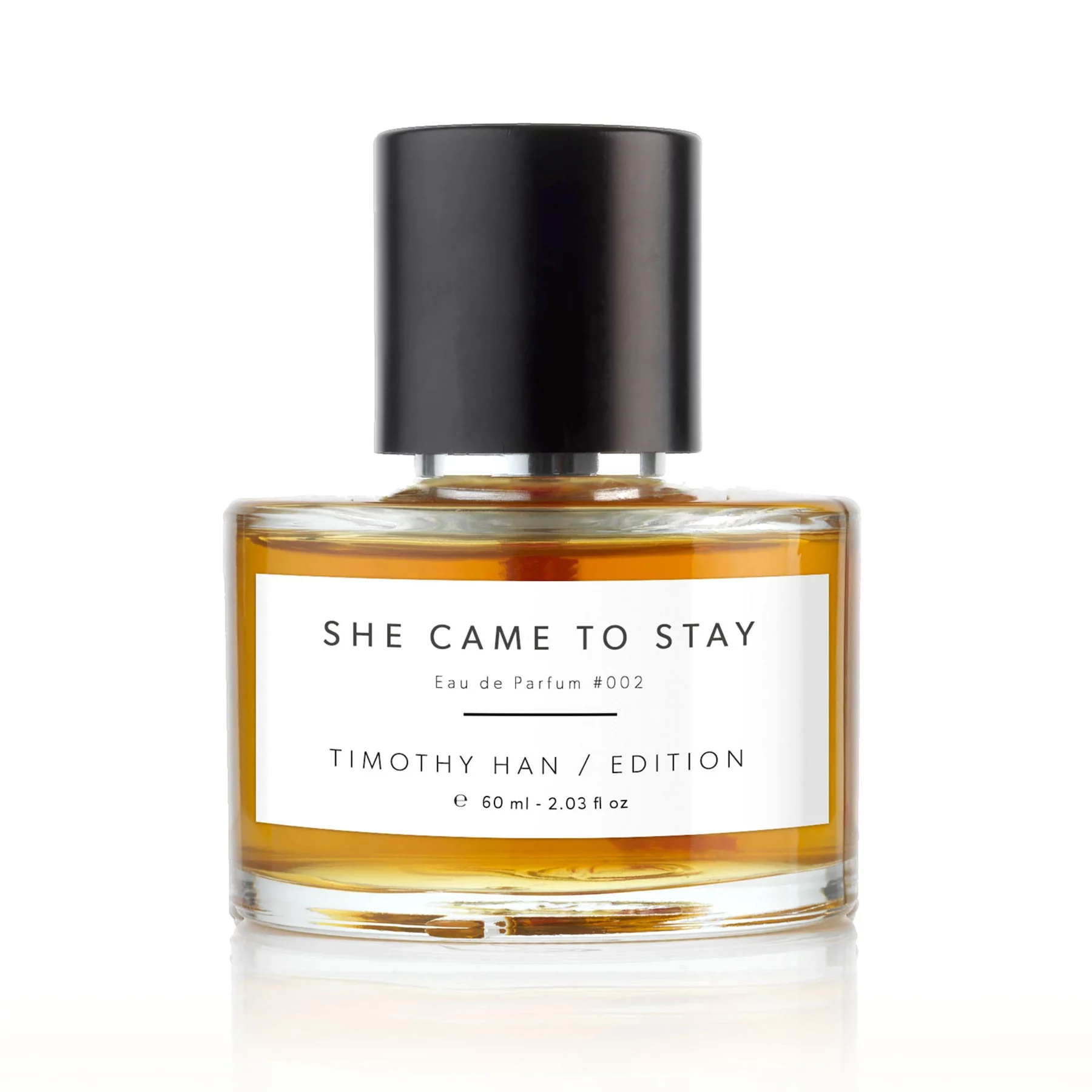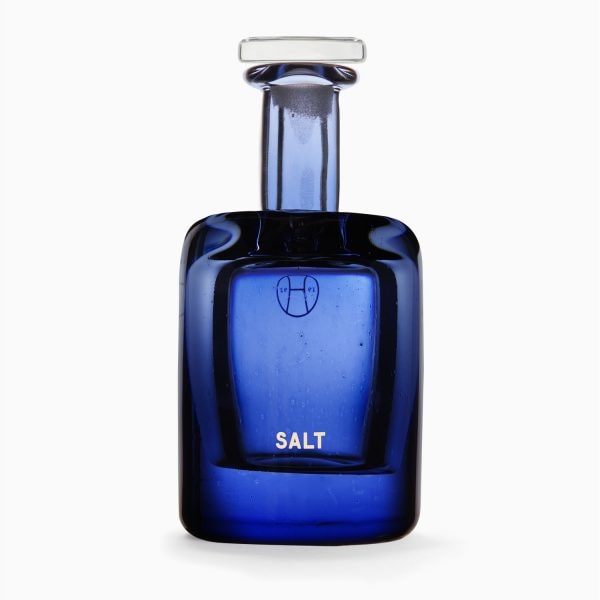The Edit:
Fragrance
Fragrance is nature, bottled; it is portable therapy
Anna-Marie SolowijFragrance is nature, bottled; it is portable therapy, triggering memories and emotions, enhancing moods and altering minds for millennia past – and to come. Unlike makeup, perfumery sales remained buoyant during the pandemic – fragrance brand Floral Street saw a 300% uplift in web sales, citing the feel-good, mood-boosting power of perfume.
The current mode in perfumery is indie, eccentric, outsider and, while embracing tradition, is mindful of modern consumer requirements for chemical-free, sustainably sourced and consciously packaged scent. Desirable new standards include vegan, cruelty-free, paraben-free, phthalate-free, organic, biodynamic or wildcrafted with creative, sustainable and non-toxic packaging solutions. But don’t expect all of these in one go: the responsible approach to fragrance production can be paradoxical with the repercussions of so-called ‘cleaner’ alternatives potentially more harmful somewhere else along the line.
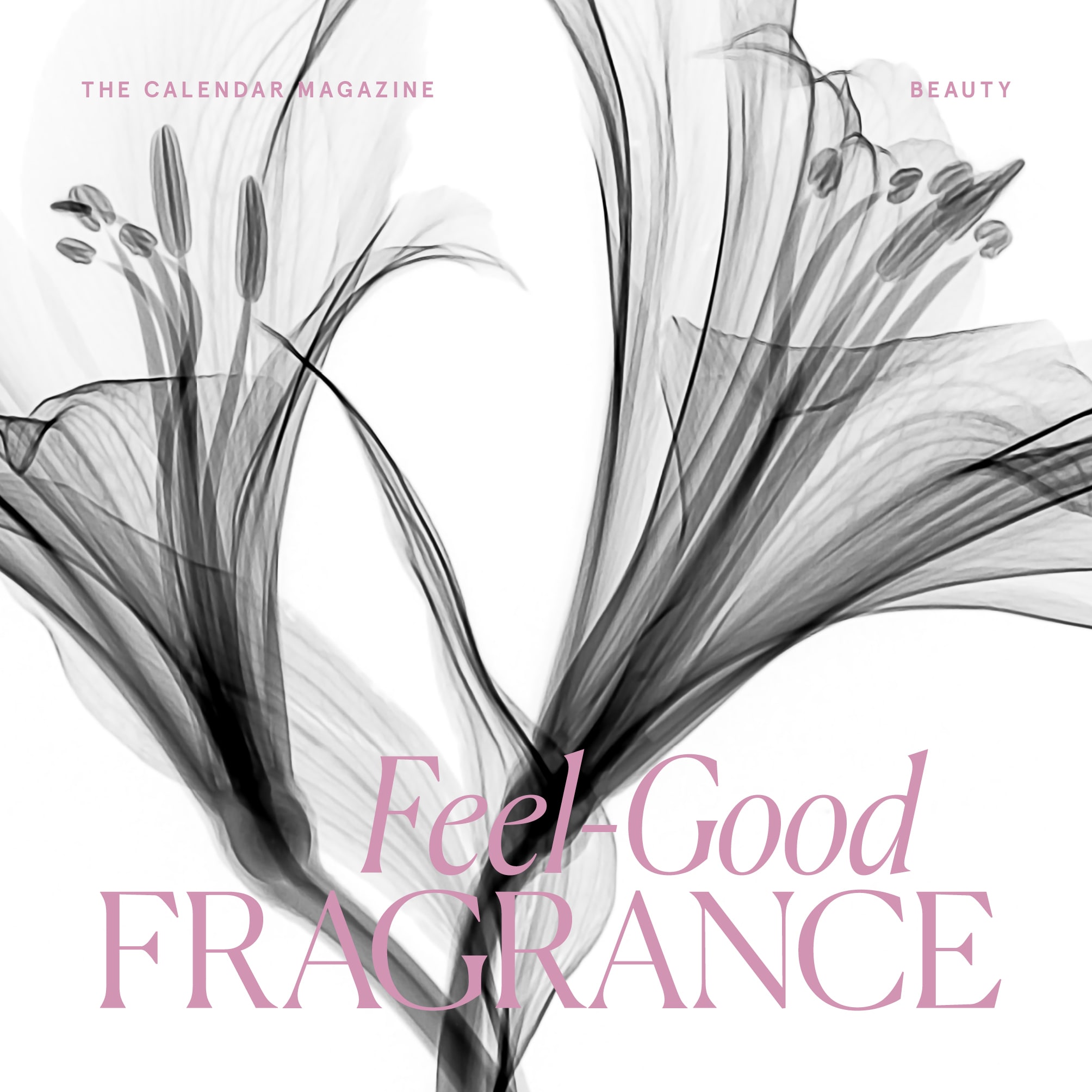
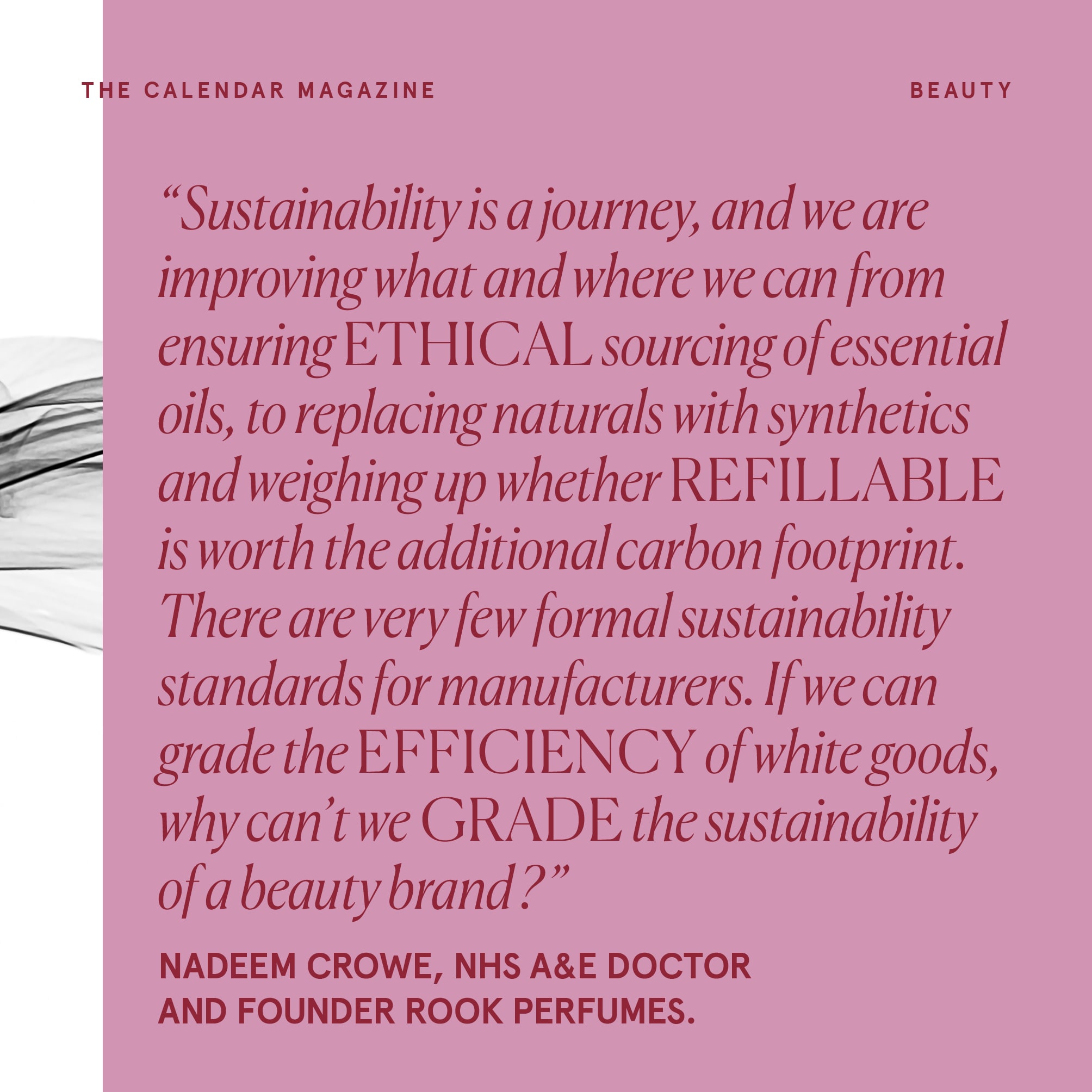
It might, on balance, be better to buy a fragrance created using a synthetic (chemical copy) of the scent of a rare and exotic flower, than harvesting the plant itself, processing it to extract its aroma and shipping that around the world, especially if the grower is not part of a fair trade or sustainable coalition that promotes respect along the supply chain from grower to consumer. Or if you don’t want alcohol – the ingredient in which perfume oils are suspended – then you might choose a roll-on perfume oil, or a solid, but neither will deliver the sophisticated level of evaporation of a mist; with scent, it’s sometimes a case of ‘swings and roundabouts’. Also, different things matter to different people: you may prefer plastic packaging, especially if you use scent while on-the-go and have had a beloved handbag ruined by a broken glass bottle (me!). Making an informed choice is key to a successful outcome, so here are some fragrances for your further consideration:
